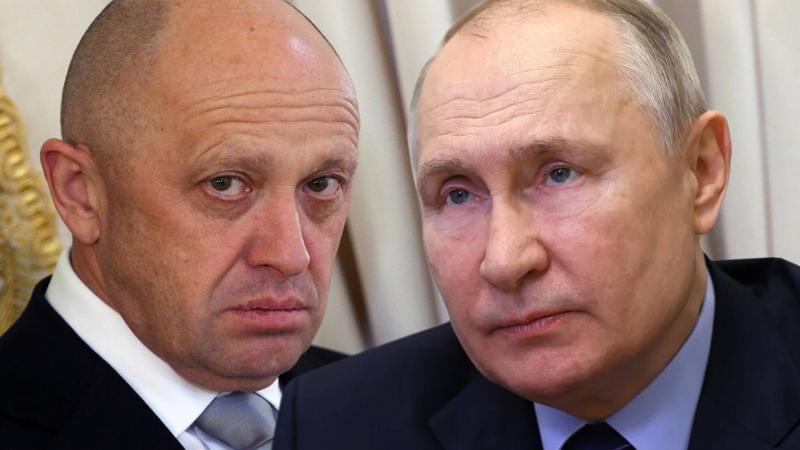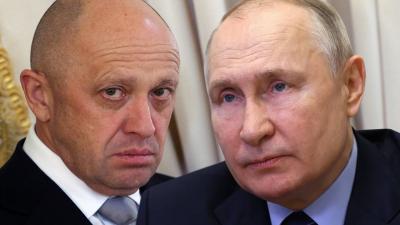Kremlin spokesperson Dmitry Peskov revealed on Monday that Russian President Vladimir Putin held talks with Yevgeny Prigozhin, the head of the Wagner private military group, and leaders of the group to discuss the armed rebellion they attempted against senior military leaders. The news of the meeting was first reported by the French newspaper Libération, which stated that Prigozhin met with Putin, National Guard Chief Viktor Zolotov, and Foreign Intelligence Chief Sergey Naryshkin. According to Peskov, the meeting took place on June 29, five days after the rebellion was suppressed in its early stages, widely viewed as the most serious challenge to Putin since he came to power at the end of 1999.
Peskov indicated to reporters that Putin invited 35 individuals to the meeting, including Prigozhin and Wagner unit leaders. The meeting lasted three hours, during which the Russian president listened to the leaders' explanations of what happened and offered them additional options for action and combat. He stated, "The leaders presented their account of what occurred (on June 24) and affirmed their strong support for the head of state, the Supreme Commander of the Armed Forces, and that they are his soldiers. They also said that they are ready to continue fighting for the homeland."
The short-lived rebellion led by Prigozhin saw Wagner fighters seize the city of Rostov in southern Russia and one of the military headquarters, eventually de-escalated through an agreement brokered by Belarusian President Alexander Lukashenko. Putin likened the events to the unrest that swept Russia in the lead-up to the 1917 Revolution and thanked the army and security services for avoiding chaos and civil war. Prigozhin stated that the rebellion was not aimed at overthrowing the government but at "judging" the military leaders and senior defense officials for what he described as grave mistakes and unprofessional behavior in Ukraine.
Under the agreement that ended the rebellion, Prigozhin was supposed to relocate to Belarus. However, Lukashenko stated last week that the leader of Wagner had returned to Russia and that his fighters had not yet accepted the offer to relocate to Belarus, raising questions about the implementation of the agreement.




